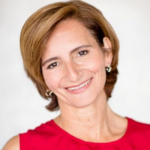By Alessandra Costa, Senior Vice President, Customer Success at Synopsys
It was the idea of building something practical and seeing the tangible results of my work that first attracted me to the field of engineering. In fact, getting my hands dirty early on, working on projects as a PhD student at Università degli Studi di Genova in Italy was a full body experience—it was a start-up-like environment where I did everything from setting up the IT to performing research. Doing work from the ground up gave me a can-do attitude in overcoming obstacles. And I’m glad for all those formative, early experiences because it has led to what I’m doing today as senior vice president of customer success at Synopsys.
The work we are doing at Synopsys is extremely exciting. Artificial intelligence (AI), machine learning (ML), 5G, hyperscale data centers and many other applications have caused a resurgence in microelectronic and semiconductor innovation. When you look at the world we are living in, anything that has an integrated circuit (IC) in it has likely used Synopsys in the design. And soon, nearly everything will have ICs in them as we build a world of Smart Everything. Today, when it comes to my team in applications engineering, I’m focused on our ability to scale – to meet the context of semiconductor speed and complexity in a customer-centric way, so they get what they need while our employees can have balance for a good quality of life.
But as a women engineer, the journey has not always been an easy one. An early example of this was as a PhD student, running a program with undergraduates. As part of the program, my students and I visited a series of companies who were doing research work. On those visits, the male engineers at these companies made eye contact with my male students (not me) and spoke primarily to them, even though I oversaw the program. But this behavior was not born out of negative intent or spite. Throughout my career, I have often observed an uneasiness when male engineers talk to their female counterparts. And while our number in the ranks of technology professionals is growing, it is still relatively small. The uneasiness lingers because women engineers are not the norm.
Going beyond what you are used to is not easy for anyone. It’s not easy for the men. And it’s not easy for the women.
That is why it is imperative to cultivate diverse environments in engineering. Afterall, women are 50% of the population. But we don’t have 50% representation in tech—yet. While we’ve made headway, we can’t stop now. And we shouldn’t be satisfied with low percentages of women in the field.
That’s why I’m a strong believer in connecting to emerging talent and people who don’t have a degree yet. My objective in my efforts driving Synopsys internship and returnship programs is not only to keep the talent pipeline full but also to improve diversity in tech. Because with diversity comes a richness in ideas.
So, in the spirit of encouraging more women to enter and grow their careers in tech, here are some things I’ve learned along the way for building a long, successful career:
 Alessandra Costa is senior vice president of Applications Engineering for the Synopsys Customer Success Group, responsible for a team of engineers who ensure customer success with Synopsys EDA tools. She has a bachelor’s degree and PhD from Università degli Studi di Genova.
Alessandra Costa is senior vice president of Applications Engineering for the Synopsys Customer Success Group, responsible for a team of engineers who ensure customer success with Synopsys EDA tools. She has a bachelor’s degree and PhD from Università degli Studi di Genova.
- Get your hands dirty There are many companies all over the world who are eager to expose young people to design (even people in high school!). Get your hands dirty doing practical projects.
- Don’t limit your thinking, instead embrace an attitude of plenty Your frame of mind is the most important determinant of your success, so cultivate a mindset of plenty that is grounded in a belief that there are an infinite amount resources to support you on your journey.
- Unlearn the habit of understating your capabilities You can be the most brilliant person in your field, but if you understate your expertise, you may miss out on opportunities to let that brilliance shine. If you have a habit of understating your capabilities, it needs to be ditched. Being able to accurately present what you know with confidence is very important in building a career.
- Find mentors of both genders who tell it like it is Don’t confine yourself to a mentor of your same sex and don’t be afraid of mentors who are more about tough love than pampering. Having someone who is not afraid to tell you where your understanding is flawed can be invaluable. Along with female mentors, it’s also important to get male mentorship if you are a female engineer. It’s a different way of looking at business and career.
- Dare to try I’ve learned that you don’t stop with the first obstacle, or the second, or the third. You work to overcome obstacles and you dare to try.
 Alessandra Costa is senior vice president of Applications Engineering for the Synopsys Customer Success Group, responsible for a team of engineers who ensure customer success with Synopsys EDA tools. She has a bachelor’s degree and PhD from Università degli Studi di Genova.
Alessandra Costa is senior vice president of Applications Engineering for the Synopsys Customer Success Group, responsible for a team of engineers who ensure customer success with Synopsys EDA tools. She has a bachelor’s degree and PhD from Università degli Studi di Genova. 


